Why insulate your home?
Insulated houses are cheaper to keep cool, more comfortable in summer and warmer is winter.
Insulating walls greatly changes radiant heat transfer; it means that the insulation slows down the rate at which heat can be transferred through it. Faster is less, slower is more; this is like making ice-cream faster or slower-- the ice-cream freezes quicker if you make it faster (by churning) but doesn't freeze as quickly if you make it slowly (by stirring).
When air passes over a surface of higher temperature, some of its thermal energy will go into heating up the lower-temperature surfaces with which it comes into contact. As opposed to transferring heat directly through collisions with gases molecules moving about randomly in all directions , there is very little heat transfer by conduction from the warm walls to the central region.
Reducing drafts can not only save energy and help you save money, but it can also reduce the risk of colds and other health problems that result from poor air quality. The main problem with drafts is that the air leaks out from the house due to difference in pressure between indoors and outdoors.
The draft primarily comes from places below doors, around windows and outlets where it meets floor or walls. To reduce drafts, caulking should be used for filling up any cracks or holes as well as sealing off those areas with weather-stripping tape.
Call Now - (707) 562-0911
Get Your Free Quote!
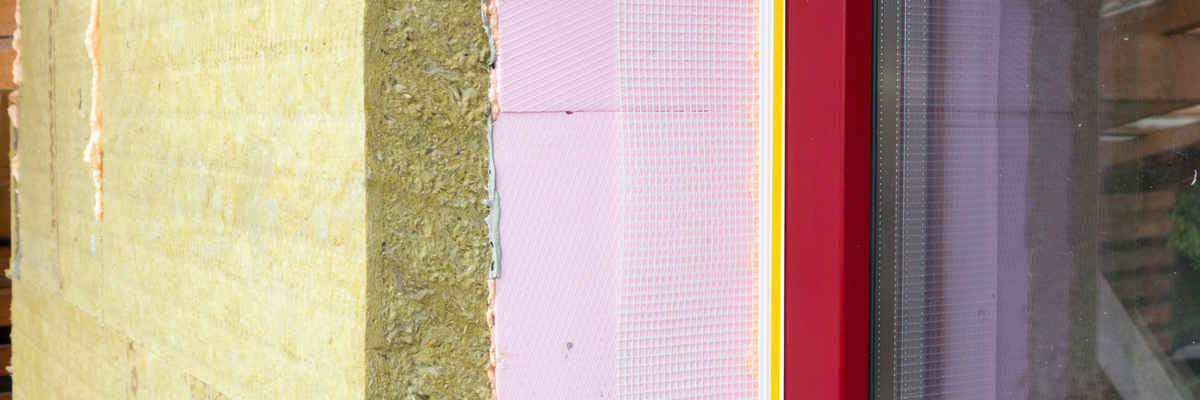
What is block foam insulation?
Wool blends with concrete, as a new insulation technology. In its first form as a prototype insulation product, the patent-pending Block Sponge Technology™ is cast from concrete wool and provides excellent thermal performance--similar to traditional forms of non-combustible insulation materials such as mineral wool.
No toxic smoke or fumes
However, unlike many types of fiber products used in building construction, this new development does not produce a toxic smoke or noxious fumes if it starts to burn or smolder. The patented design uses the "foaminess" of good quality foamcrete combined with the thermal performance characteristics of fibrous blocks. Non-combustible and heat resistant Block Sponge™ acts as an ideal filler that absorbs sound and radiation equipment chillers for more insulation between floors in commercial buildings.
Highly effective
It is also highly effective as a formwork to pour floor slabs, ceilings and walls. Block Sponge can replace many types of fiber insulation materials used today-including mineral wool, rock wool, glass fiber insulation board, polystyrene boards and rigid foam insulation panels-while meeting building codes that require non- combustible building insulation materials.
Building designers can use this product to beautify construction with decorative patterns, molded shapes and colors. Block Sponge™ is a concrete formwork with outstanding thermal performance properties that can replace many types of fiber insulation used in the construction industry today .
Call Us Now - (707) 562-0911
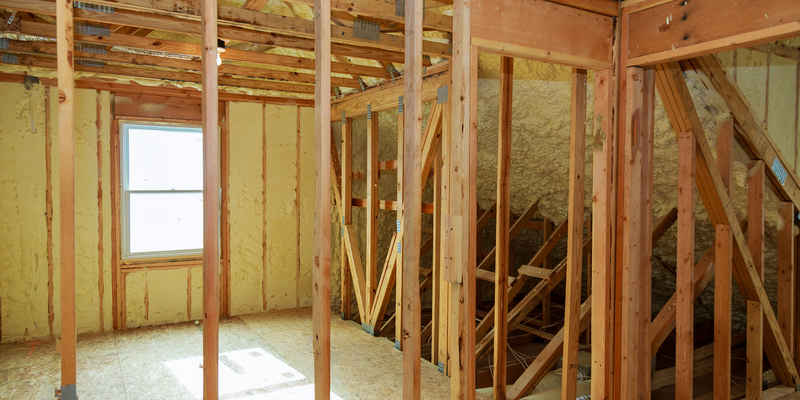
What is spray foam insulation?
Spray foam insulation is polyurethane foam that expands up to 100 times its original size and fills the space between walls, corners, and studs.
History
Spray foam insulation has been in use in the US since the late 1940s. A typical installation lasts 10% longer than cellulose-based fiberglass, saves about 5% in fuel costs per year when it's installed on an existing home, monthly cost savings are almost 50%, there's no added glue or chemical odor for homeowners breathing in toxic fumes when installing it themselves (and it doesn't produce any harmful gases during installation), you don't have to worry about moisture problems because of its closed cells membrane that keeps water away from your walls summer AND winter, AND you can reduce your energy bill by as much as 30% a year.
Sustainable
It's also sustainable (100% free of CFCs, HCFCs and other halogenated flame retardants), non-corrosive (won't corrode steel or aluminum), is fire resistant, has an R-value of up to 40+ per inch of thickness and forms a continuous barrier that insulates better than conventional insulation.
Water resistant
Spray foam is also water resistant, eliminating the need to drain older homes during installation (and reducing mold damage), it can improve indoor air quality by providing a healthier environment inside your home, and it provides superior thermal insulation, resulting in reduced heating and cooling costs , and the ability to keep your home more comfortable.
Drawbacks
Spray foam insulation has become so pervasive in North America, that it's often assumed to be the best way of insulating a new or existing home. And because its R-value rises with density, you can achieve substantial energy savings while still using less material than fiberglass insulation, So, what's the drawback?
Well, there are several problems. The first is that it's expensive. One of its main ingredients (isocyanate) is not readily available or easily transported for large scale production, making it difficult to obtain in some places; therefore prices tend to be higher where you live than in areas where it's more readily available.
After installation, it also has a higher chance of leaking air than cellulose insulation, especially if it's not properly installed; but this can typically be solved with an airtight caulk. Also, because the spray foam is so dense, you need to make sure your walls are properly sealed or else you might see a build-up of condensation on the inside of your walls.
Ideal for homes in North America
In short, spray foam is a better solution for insulating homes in North America because it's quick and easy to install, requires less material, forms a more effective barrier against moisture, provides better insulation to reduce heating and cooling bills , reduces noise from outside letting you sleep more soundly, and it doesn't leak like cellulose insulation.
However, if you're in a developing country where isocyanate isn't readily available, or you want to reduce costs without having to install the most advanced insulation system, then spray foam might not be your best option. In that case, we'd suggest using cellulose insulation.
Call Us Now!
What is commercial insulation?
The main purpose of commercial insulation is to provide thermal protection by trapping the infrared radiation coming from your body.
This ensures that the heat from your body won't escape, and that it will remain trapped inside of whatever area you are sitting in. In terms of commercial insulation, there are six types:
-
Personal insulation for bedrooms, living rooms, halls and kitchens.
-
Insulation for offices and canteens - buildings where a large amount of people are stationary for long periods of time, working or resting.
-
Insulation for warehouses and storage areas.
-
Cold insulation - this type of commercial insulation is used for decreasing the production of heat, i.e. by preventing it from escaping. It works by trapping the cold air inside your building rather than allowing it to escape outside through the roof, therefore preventing the production of a lot of heat
-
Heat insulation - this type works by trapping hot air inside your building and not allowing it to escape through the roof. It is designed to prevent your building from being heated by the sun's rays.
-
Sound insulation - this insulates against noise coming from outside, such as traffic noise or sounds coming from neighbours.
Factors in choosing a type
Many businesses, including restaurants, bars and shops have installed commercial insulation systems in order to prevent their customers from leaving because of the cold weather outside. These are simple systems that do not require much cost to install.
-
The three main factors you should take into consideration when choosing what type of commercial insulation to install are the size of your building, the type of roof you have and what time of year it is.
-
You should also consider what material would be best for the insulation in order to preserve heat or cold over a longer period of time.
-
Another thing you should take into account when choosing commercial insulation is how much noise there is in your building - whether it is high or low frequency noise.
-
And the last thing you should consider when choosing commercial insulation is if there are any obstacles in your building that could potentially cause problems for installation, such as asbestos sources which need to be removed before heating insulation can be installed.
Call For A Quote - (707) 562-0911
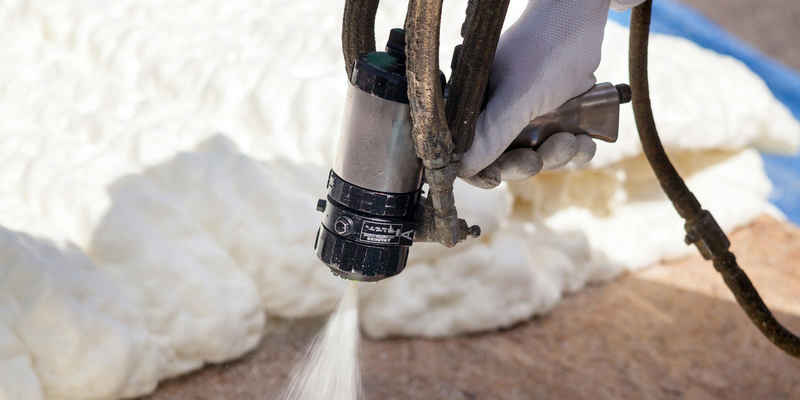
What is garage door insulation?
Garage door insulation is a material that blocks air from coming in and out of the garage.
Compact
This prevents air conditioning/heating energy from being wasted when an unattended garage is opened and closed. Air acts as the perfect insulator so it only needs 5-6 inches of space for convection currents to form, even if there's ten feet between one side of this fifteen inches vinyl sheeting with 1 inch foam insulation facing it, for example,then ribs on top will do anything but hold it together.
Garage door insulation may also be referred to as House wrap or sealing tape which are often used in conjunction to prevent cold drafts coming inside your home while preventing excessive heat loss during winter months.
House wrap
House wrap is also used to level-off building humidity. When it's moist outside, to prevent moist warm air from getting inside and creating condensation on windows during winter months.
It can be easily found at major hardware stores or online so there isn't a need for you to have a professional install them in your home. The best way to see if your garage door insulation needs to be replaced is to check for cracks and rips.
Dealing with rips and tears
In the case of a torn or ripped sheet, it needs to be immediately replaced as even a small tear can reduce the R-value by half. The tape should also be checked for dry rot which could cause it to peel apart after several years.
While most insulation kits come with detailed instructions, you can always talk to a professional if you have questions on how to install it or whether your garage door insulation needs replacement.
There are also kits for installation by professionals so there is no need for you to do the work yourself. Not only will this save time, but it can reduce the risks of accidents or injuries.
Insulate Your Garage Door
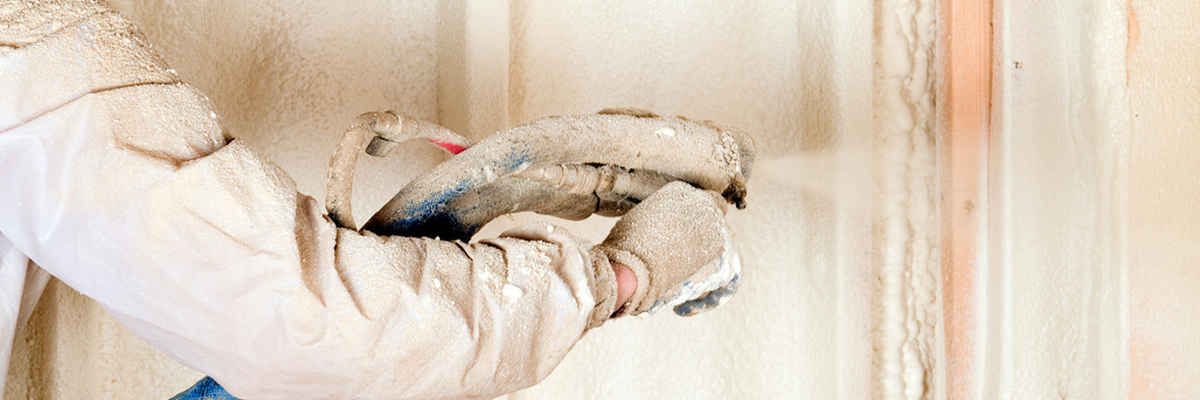
What is rockwool insulation?
Rockwool insulation is a type of insulation that typically consists of wool adsorbed with water inside modules made of densified stone.
Rockwool insulates by trapping air. The rockwool's fibres are molten down and spun into batts, or batts are chopped up and blown like pellets. These batts or pellets fill the open spaces in the walls, floors, and rafters. They provide excellent thermal insulation; lack moisture; don't rot; are non-combustible; reduce sound transmission; lower the risk associated with intermittent exposure to high temperatures typical of fire-proofing systems for timber structures because rockwool will not contribute fuel to a fire (like wood does); provide an allergen -free environment.
Rockwool insulation is made from basalt, a non-renewable resource, as well as lime and magnesium oxide. It has been on the market since the early 1900s.
What type of insulation is best for soundproofing?
Best for soundproofing can mean many things, depending on the situation you're in.
Two types of insulation fit the bill: mineral wool and glass fibre. Both are well-known for their excellent sound absorbing properties. They are easy to install and can be utilised for many different locations within a building.
Mineral wool
Mineral wool insulation has been around for decades and can be found in many homes. It is non-toxic, recyclable, water resistant and suitable for use in humidity prone areas such as bathrooms and laundries. Mineral wool is available in different thicknesses and densities to suit the noise reduction requirements of your soundproofing project.
Glass fibre insulation
Glass fibre insulation is another type of popular soundproofing material. It's extremely versatile and can be applied in many different ways to achieve optimum noise reduction results depending on your needs. As well as being easy to work with, glass fibre is non-toxic, recyclable, water resistant and adapts well to changes in humidity. Both are highly effective soundproofing materials, but it's best to do your own research to find out more about what would work best for your situation.
How long does spray foam insulation last?
The lifespan of spray foam insulation is primarily determined by the condition of the house itself. Houses in humid climates can see an early failure in foam because it is unable to dry out after repeated wetting with water, but houses in dry climates can enjoy up to 50 years or more with careful installation and maintenance. Proper attic construction will help you avoid moisture problems in your attic, so there are several factors that determine how long spray foam insulation will last before it needs to be repaired or replaced.
How much rain has your climate received lately? The more rain there's been that seeps into your attic, the faster the foam may fail. Did you use any "wet" roof shingles when shingling the surface of your home? Wet shingles can also cause early failure of foam insulation.
Keep Warm This Winter!
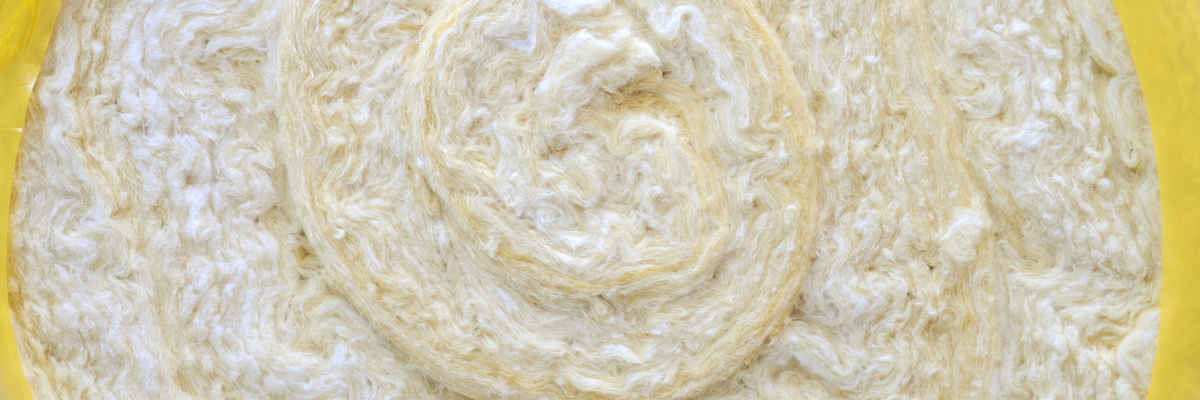
Why should you choose Insulation Vallejo California?
Quality materials at affordable prices
Insulation Vallejo California supplies high-quality insulation materials at fair prices. Our team aims to provide the best services for every customer, which is why we only use premium products when it comes to installing your home insulation system. Because of our vast experience in this field, you can rest assured that our technicians know what they're doing and that you will be satisfied with our services.
Save money
Insulation Vallejo California is a one-stop shop when it comes to installing an insulation system in your home or business building. Our professional technicians can help you determine the best type of insulation for your needs and install it quickly and efficiently, so you can start saving money on your energy bills right away.
Free estimates and consultations
Insulation Vallejo California provides free on-site consultations and estimates, so you can discover how an insulation system will benefit you and your family. We'll go over all your options with you and make sure that we install the best possible insulation for each room in your home or office building.
Call us now for more information!
Work with our partners
- Visit a solar power company in Carmel by the Sea
- Get garage insulation in Stockton, California
- Find insulation in Torrance California
- Get spray foam insulation in Frisco
- Find Frisco insulation
- Get insulation in Chapel Hill
Insulate Your House
